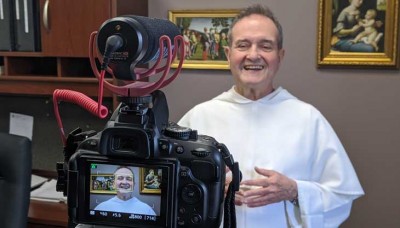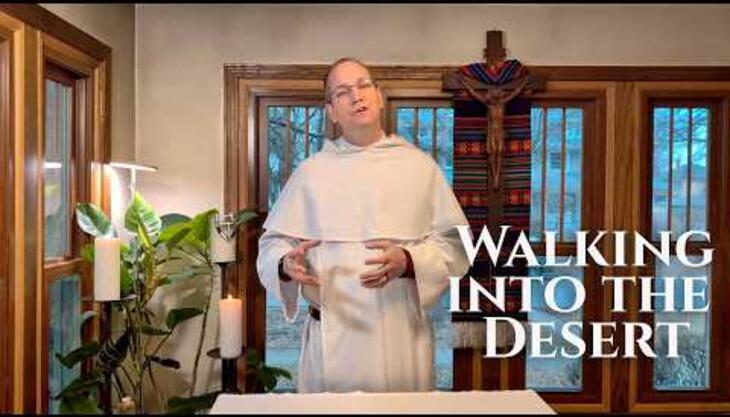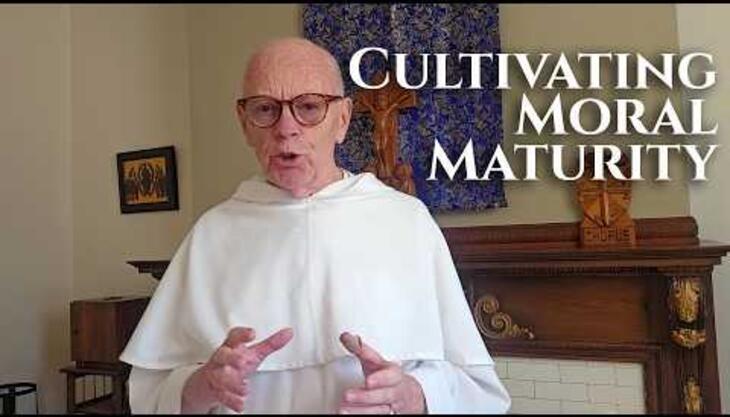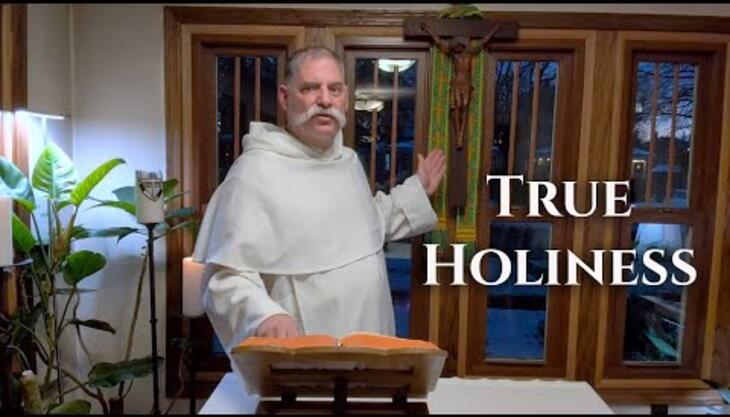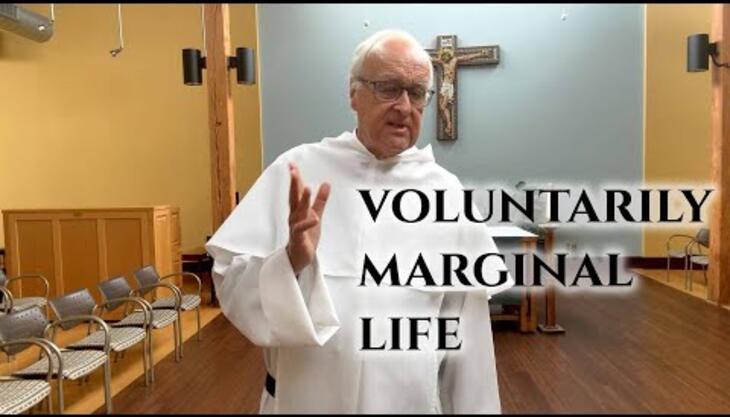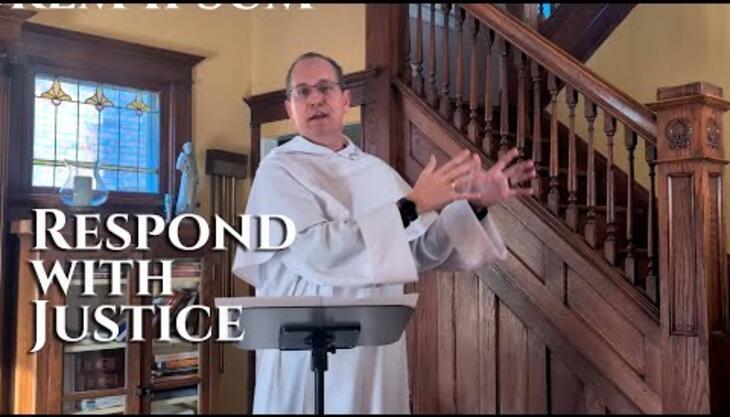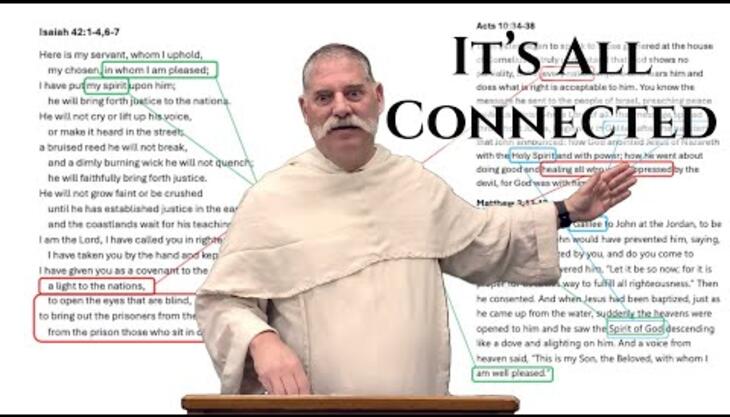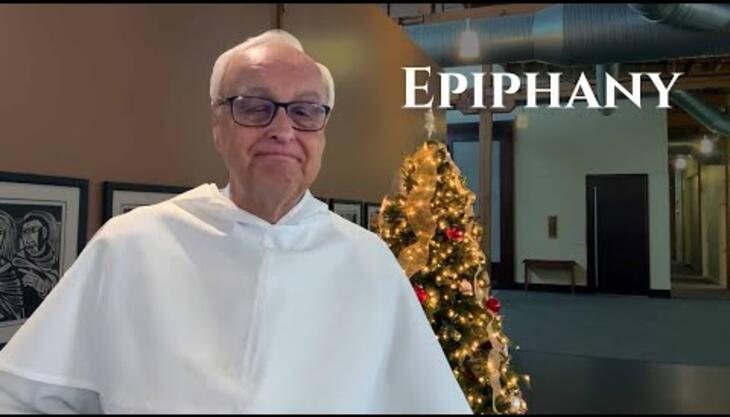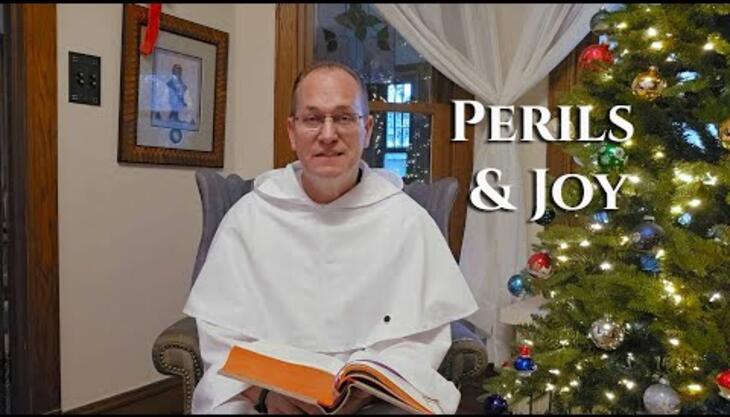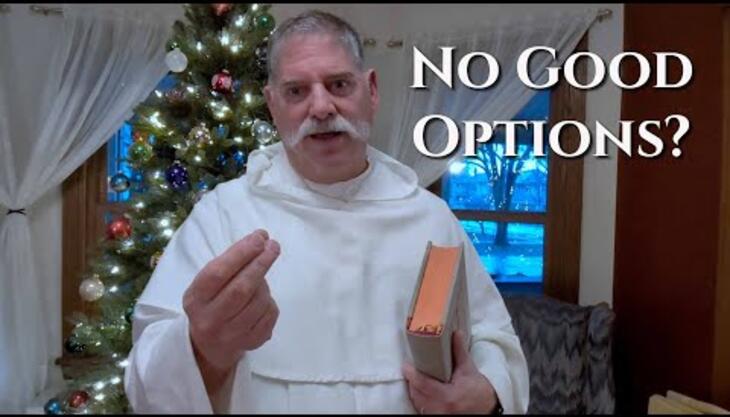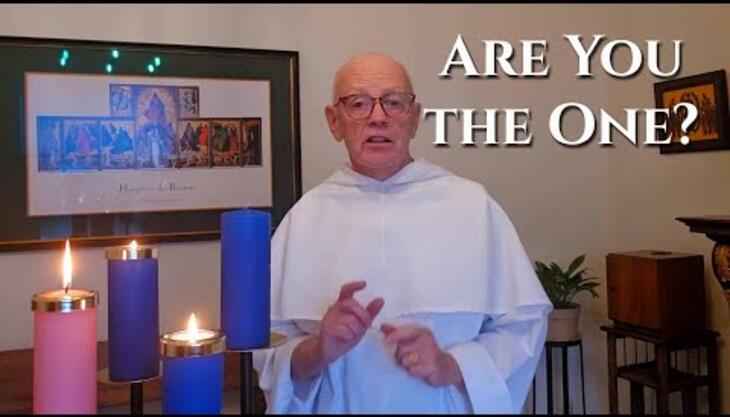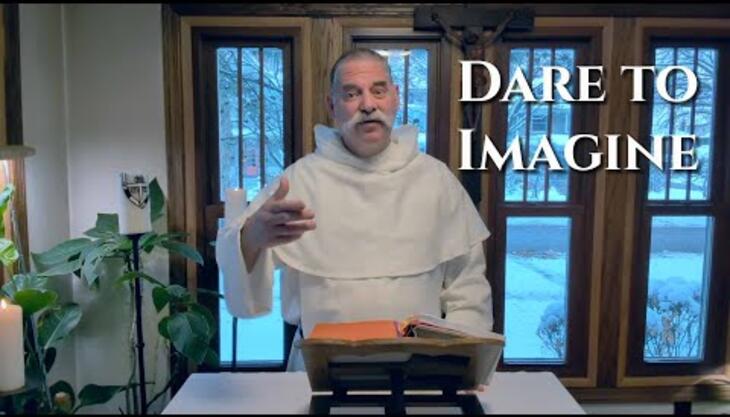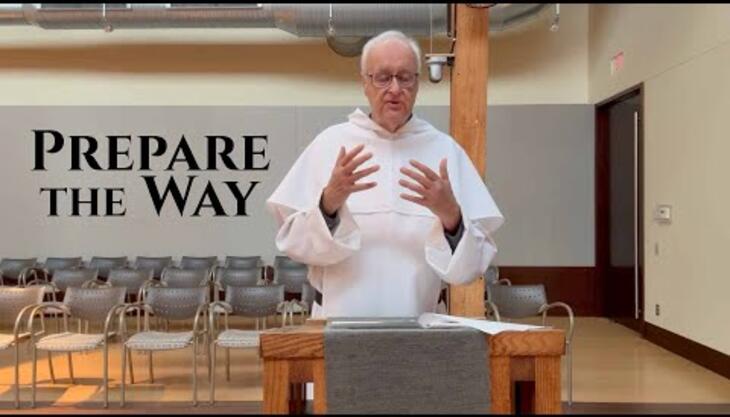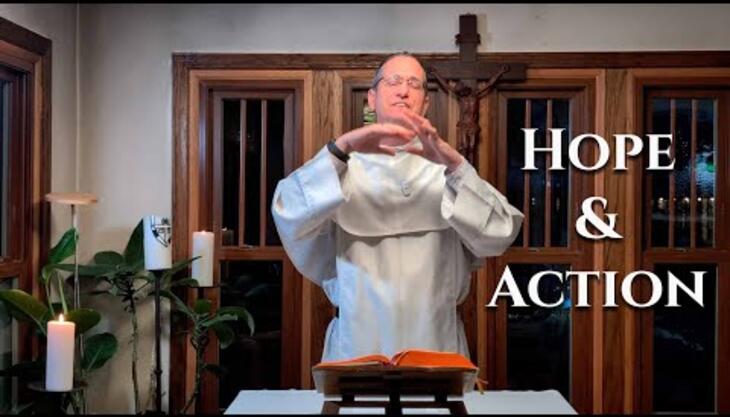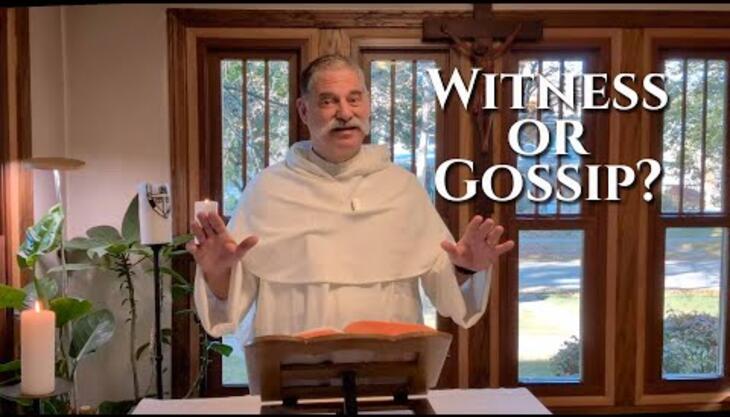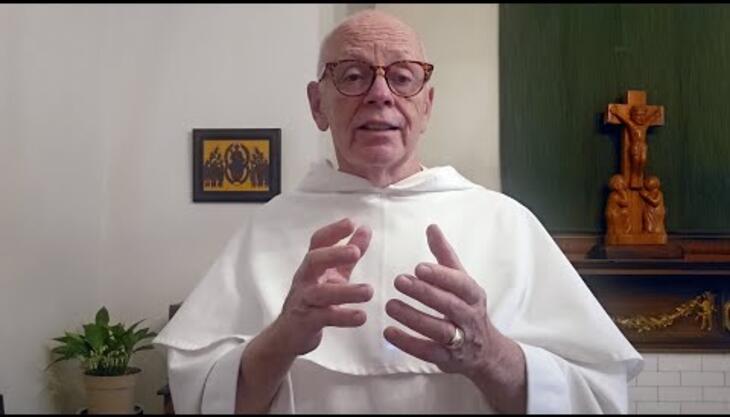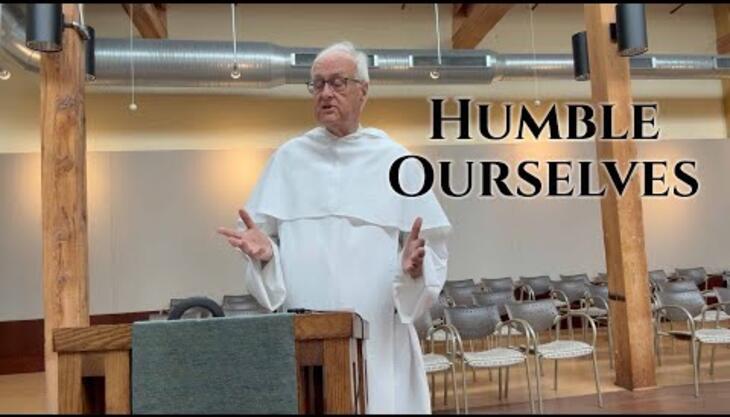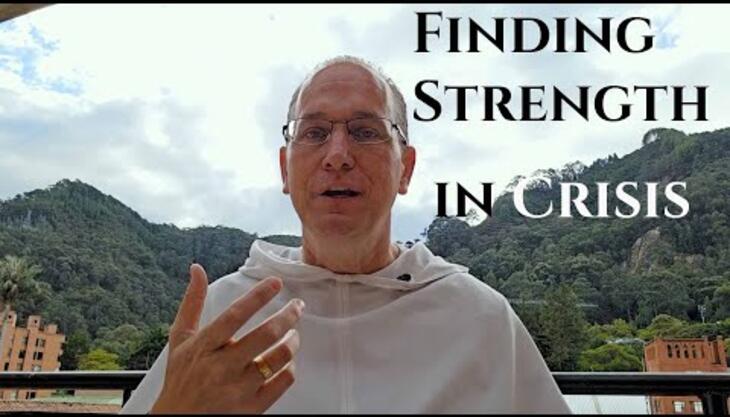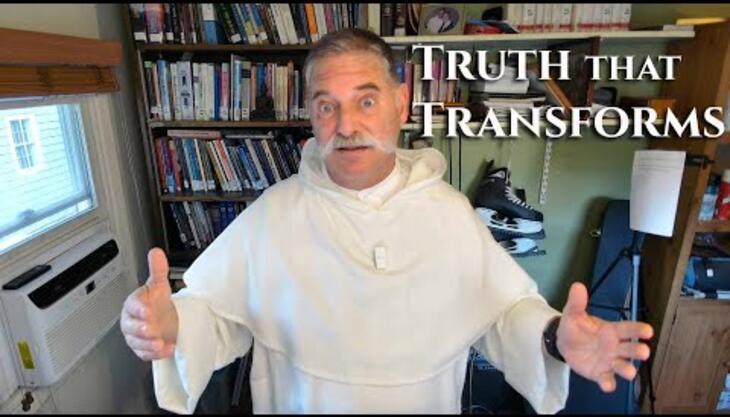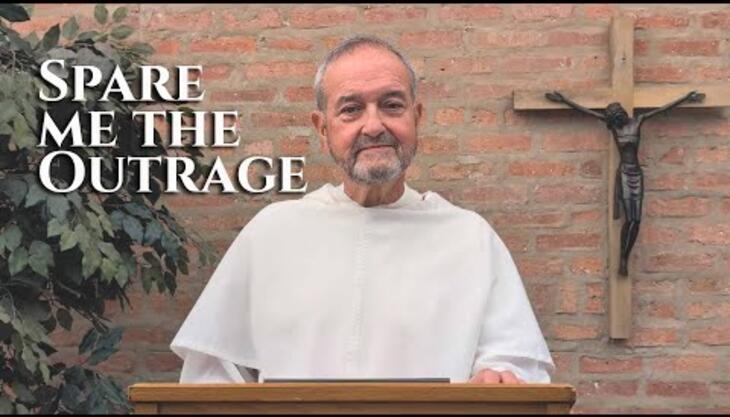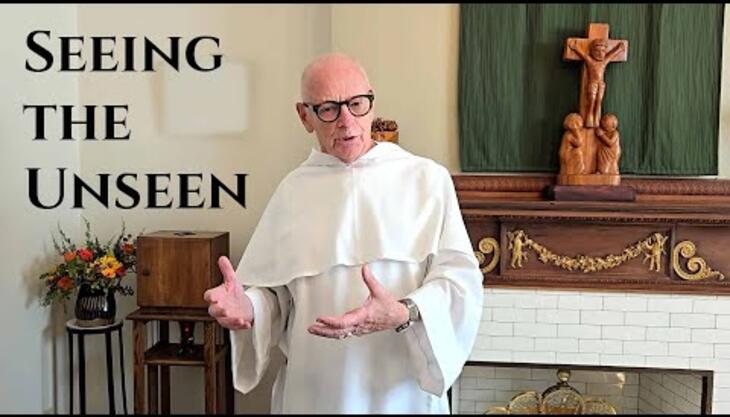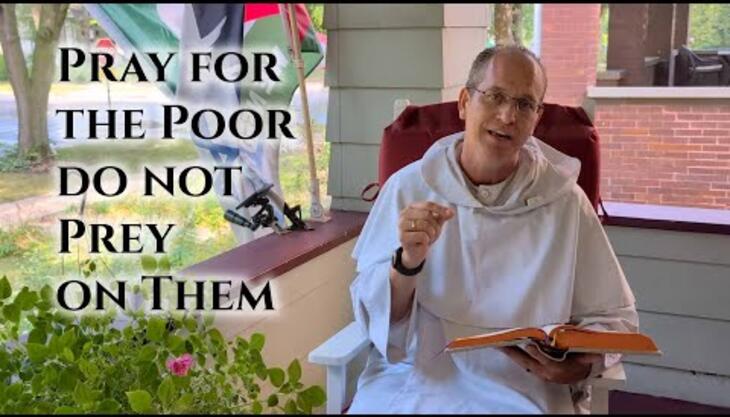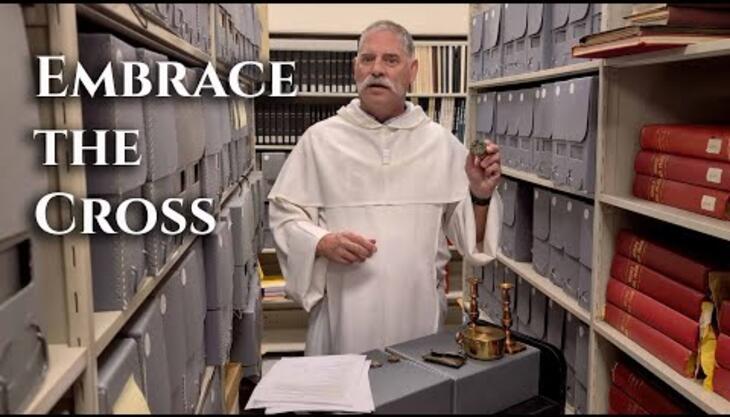The Second Sunday of Lent | The Journey to Jerusalem: Transfiguration & Lenten Practices
For March 1, the Second Sunday of Lent.
In this episode, we reflect on the transition from Jesus as the "New Moses" in the desert to His radiant glory in the Transfiguration. While the disciples wanted to stay on the mountain, Jesus leads them back down to continue the journey toward Jerusalem—a path of suffering, death, and ultimate resurrection.
Fr. Greg also previews the upcoming Sunday Gospels from John (The Woman at the Well, The Man Born Blind, and The Raising of Lazarus) and explains how these readings connect us to the Catechumens preparing for Baptism at Easter.
Whether you are looking for a local fish fry or seeking deeper spiritual renewal, discover how to engage in communal prayer, fasting, and almsgiving this Lent.
**Scripture Readings mentioned:**
* Matthew 6 (Sermon on the Mount)
* Matthew 17 (The Transfiguration)
* John 4, 9, and 11 (Upcoming Lenten Gospels)
#Lent #Transfiguration #CatholicFaith #KnowBeforeYouGo #SundayGospel #RCIA #PrayerFastingAlmsgiving #JourneyToJerusalem #StLouis #CatholicLife
**Chapters:**
0:00 - Introduction: The Second Sunday of Lent
0:20 - The Communal Nature of Lent (Joel & Matthew)
0:50 - Fish Frys & Communal Fasting
1:38 - Jesus in the Desert: The New Moses
2:30 - The Transfiguration: Jesus Radiant in Glory
3:20 - The First Prediction of the Passion
4:05 - The Journey to Jerusalem: Suffering & Resurrection
5:25 - Preview: The Scrutinies & Gospel of John
6:15 - Praying with Catechumens & Candidates
7:15 - Looking Ahead to Passion Sunday
8:00 - Closing Encouragement: Prayer, Fasting & Giving

